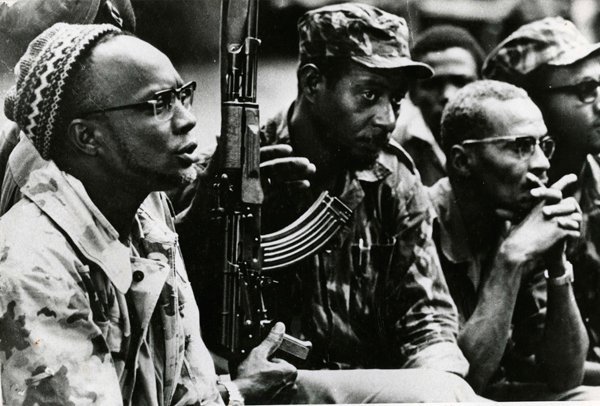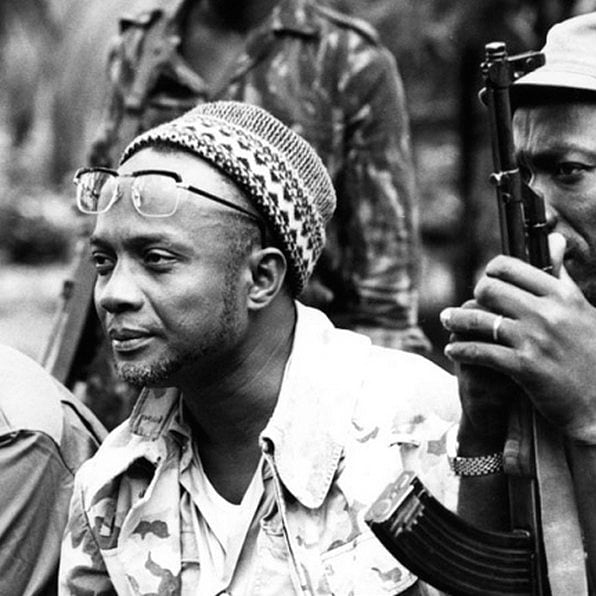His practicality extended to his soldiers that were part of the struggle. He taught them modern agricultural methods of farming that would give better yields, & in turn the soldiers taught the villagers these techniques, thus winning over the villagers to the
The Portuguese tried to explore how they could divide the people of Guinea by exploiting tribal contradictions, racism on
Despite the support the Portuguese received from other Western powers
How did Cabral fight a guerrilla war against the Portuguese in a country like Guinea that has no mountains? Guerrilla forces make
The likes of Cabral understood the heartbeat of the people.


















